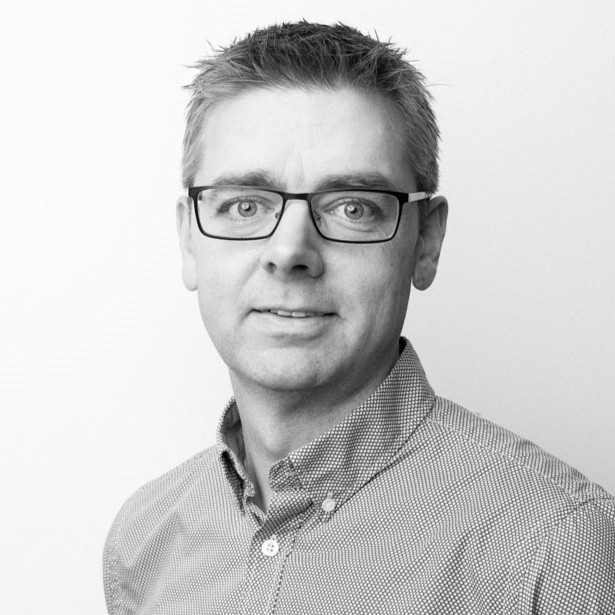
The TOMP Working Group is very excited to interview Brede Dammen, a product owner at Entur, the leading travel planner and ticket sales platform for public transport in Norway. Having used it recently, we can confirm that Entur is indeed one of the best platforms for planning public transport journeys. What makes us even more excited about this interview is that Entur is currently using the TOMP-API to integrate micro mobility and shared mobility into their state-of-the-art platform! Brede will tell us more about this during the interview.
Welcome, Brede, and thank you for telling us why and how Entur is using the TOMP-API. Can you give us a bit more information about this?
We are currently implementing an API designed to provide seamless integration for micro mobility and shared micro mobility on the national vending platform for public transport, Entur. This project will significantly facilitate selling services on behalf of the transport operators. Now, the focus is on shared bikes and electric scooters. Our primary intention is to use the API for shared mobility, as Entur has already implemented solutions (with NeTEx) that cover other modes of transport.
The project will greatly facilitate selling services on behalf of other transport operators.
How is the implementation journey going? What challenges are you facing?
We find the API very useful, but model-wise it is quite comprehensive and loose, and we try to focus on specific user scenarios that will satisfy our users’ (clients’) priorities.
We found the TOMP-API somewhat overwhelming at first sight. Especially for our first use case, which is to enable booking of shared electric scooters and bikes. At the same time, one gets the impression that the TOMP Working Group has thought of every eventuality. This enables us to expand our application to cover just about any use case regarding shared mobility.
Unfortunately, vendors remain somewhat reluctant to implement it. They are in favour of a standardised API, but providers of micro mobility find the standard too complicated for their needs and express worry over the time and cost required to implement the standard. They are unsure of which parts must be implemented.

Are there any best practices or insights that you would like to share with the TOMP-community?
Focus on implementing the parts that are necessary to complete your project. The TOMP-API covers just about everything, but that does not mean you need to implement every part of it. This is also an important point to communicate to the Transport Operators in order to convince them to support the standard.
In what ways can the TOMP Working Group contribute to the further implementation journey at Entur?
The TOMP Working Group could be helpful in answering questions in the future regarding the use of the API standard for special use cases. In addition, we think it would be useful to improve and extend examples in the publicly available documentation and on SwaggerHub, and to add meta implementations for newer releases of the API. There seem to be many nullable fields that should not be nullable. As we are working with the Kotlin programming language, it would be greatly appreciated if nullable fields were avoided where possible.
Another important aspect the community should have on the agenda is supporting the different implementers to make data interoperable through APIs, for both co-development and international scaling. We need to solve the same use-cases in the same way, In other words, foster collaboration in the community.
Finally, if your resources were unlimited, what would you wish for your industry and how can the TOMP Working Group contribute to achieving this objective?
We would wish for operators to quickly join in on implementing the TOMP-API to prevent vendor lock-in and to promote transparency. We also want to harmonise TOMP with Transmodel, NeTEx and SIRI to be part of a Transmodel-based API. To facilitate this, there are ongoing exchanges in the framework of the CoRoM project.
Thank you very much, Brede, for sharing your insights during this interview.
Oslo / Ghent, July 2024
This interview was made possible with the support of the Interreg North Sea Region Programme and the Province of Oost-Vlaanderen (Belgium) as part of the Interreg ShareDiMobiHub project.

